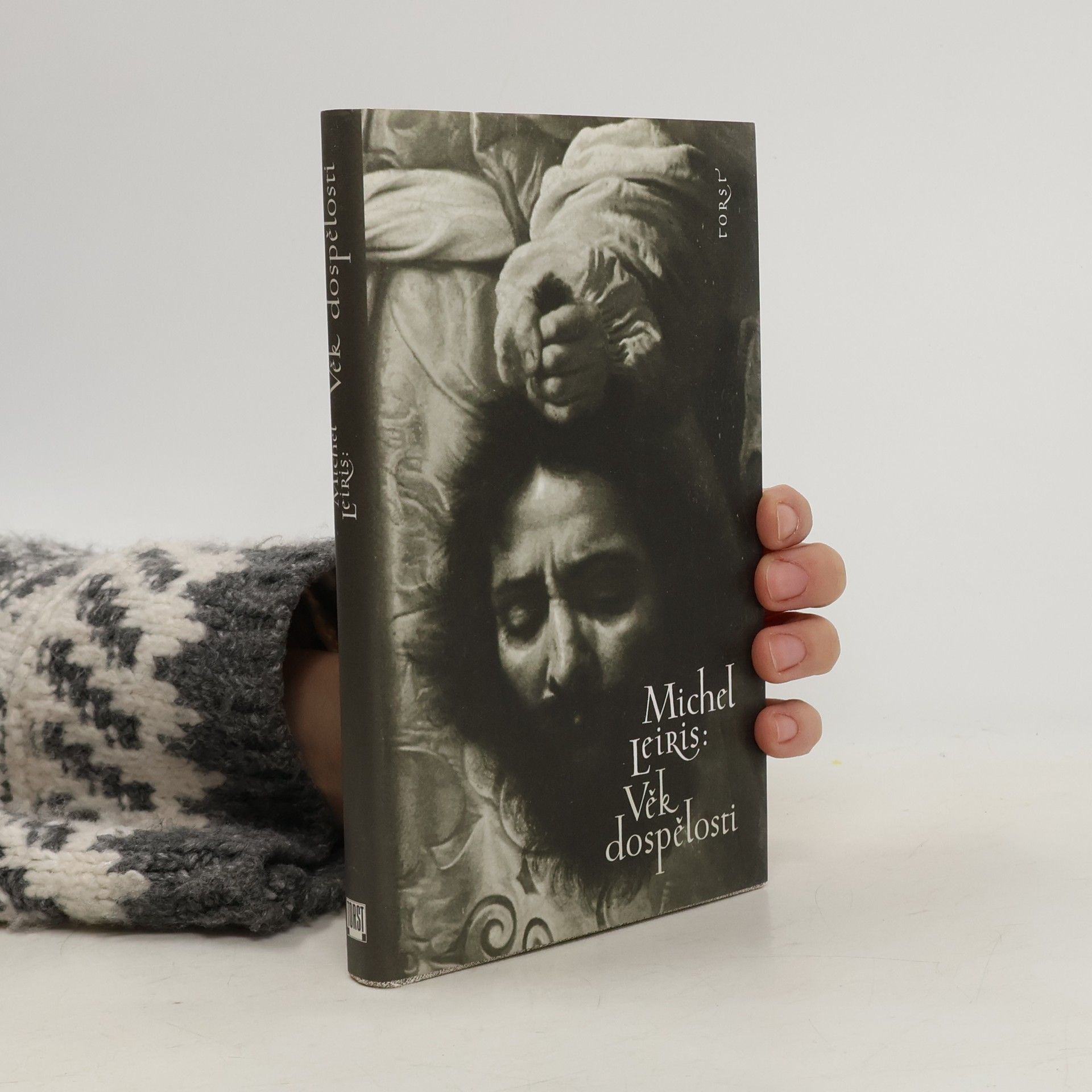Scraps
- 248pagine
- 9 ore di lettura
The second volume of Michel Leiris's hugely influential four-volume autobiographical essay, available to English-language readers in a brilliant and sensitive translation by Lydia Davis
Michel Leiris fu uno scrittore il cui lavoro emerse dal movimento surrealista, esplorando le profondità dell'esperienza umana con l'occhio acuto di un etnologo. I suoi contributi alle pubblicazioni surrealiste e il suo primo romanzo dimostrarono un impegno per l'espressione d'avanguardia e l'introspezione. Successivamente, collaborò con altre figure letterarie di spicco, continuando a sondare i confini della letteratura e della scoperta di sé. La sua scrittura invita i lettori a una complessa esplorazione della coscienza e della condizione umana.







The second volume of Michel Leiris's hugely influential four-volume autobiographical essay, available to English-language readers in a brilliant and sensitive translation by Lydia Davis
A dazzling translation by Lydia Davis of the first volume of Michel Leiris's masterwork, perhaps the most important French autobiographical enterprise of the twentieth century
The fourth and final volume of Michel Leiris’s renowned autobiography, now available in English for the first time, translated by Richard Sieburth
A major publishing event: the third volume of Michel Leiris's renowned autobiography, now available in English for the first time in a brilliant translation by Lydia Davis
Útlá knížka, jíž se Lou Andreas-Salomé snažila roku 1927 vyrovnat s předčasnou smrtí Reinera Marii Rilka, není ani pouhou reminiscencí jejich mnohaletého přátelského vztahu, ani biografií v běžném slova smyslu. Na podkladě básníkových dopisů z let 1897-1926 nám autorka předkládá Rilkův portrét, fascinující hluboce jasnozřivými vhledy do problematiky umělcova nitra, které ji přivádějí až k úvahám o vztahu člověka k umění všeobecně a o dilematech, jež vhánějí tvůrčího člověka na práh života a smrti.
Die durchgesehene und erweiterte Neuausgabe von Michel Leiris' "L’Afrique fantôme" beleuchtet koloniale Raubkunst und die Praktiken ethnografischer Aneignung in Afrika. Leiris schildert seine Erfahrungen und Widersprüche als Surrealist und Ethnologe, wodurch er zum Antikolonialisten wird. Die Neuausgabe enthält auch seine Briefe an seine Frau.
Im Spiegel der Tauromachie gleitet Leiris Beschreibung der Corrida, des Stierkampfes in der Arena, zwanglos in eine Schilderung nahezu heiliger Zeremonien über, in die Beschwörung der mit Verderbnis sich paarenden Schönheit, in einen Versuch über den Tod und die Liebe.
«Les méthodes de collecte des objets sont, neuf fois sur dix, des méthodes d'achat forcé, pour ne pas dire de réquisition. [...] Autant des aventures comme celles des enlèvements du kono, tout compte fait, me laissent sans remords, puisqu'il n'y a pas d'autre moyen d'avoir de tels objets et que le sacrilège lui-même est un élément assez grandiose, autant les achats courants me laissent perplexe... : on pille des Nègres, sous prétexte d'apprendre aux gens à les connaître et les aimer, c'est-à-dire, en fin de compte, à former d'autres ethnographes qui iront eux aussi les "aimer" et les piller.» Leiris, 1931.